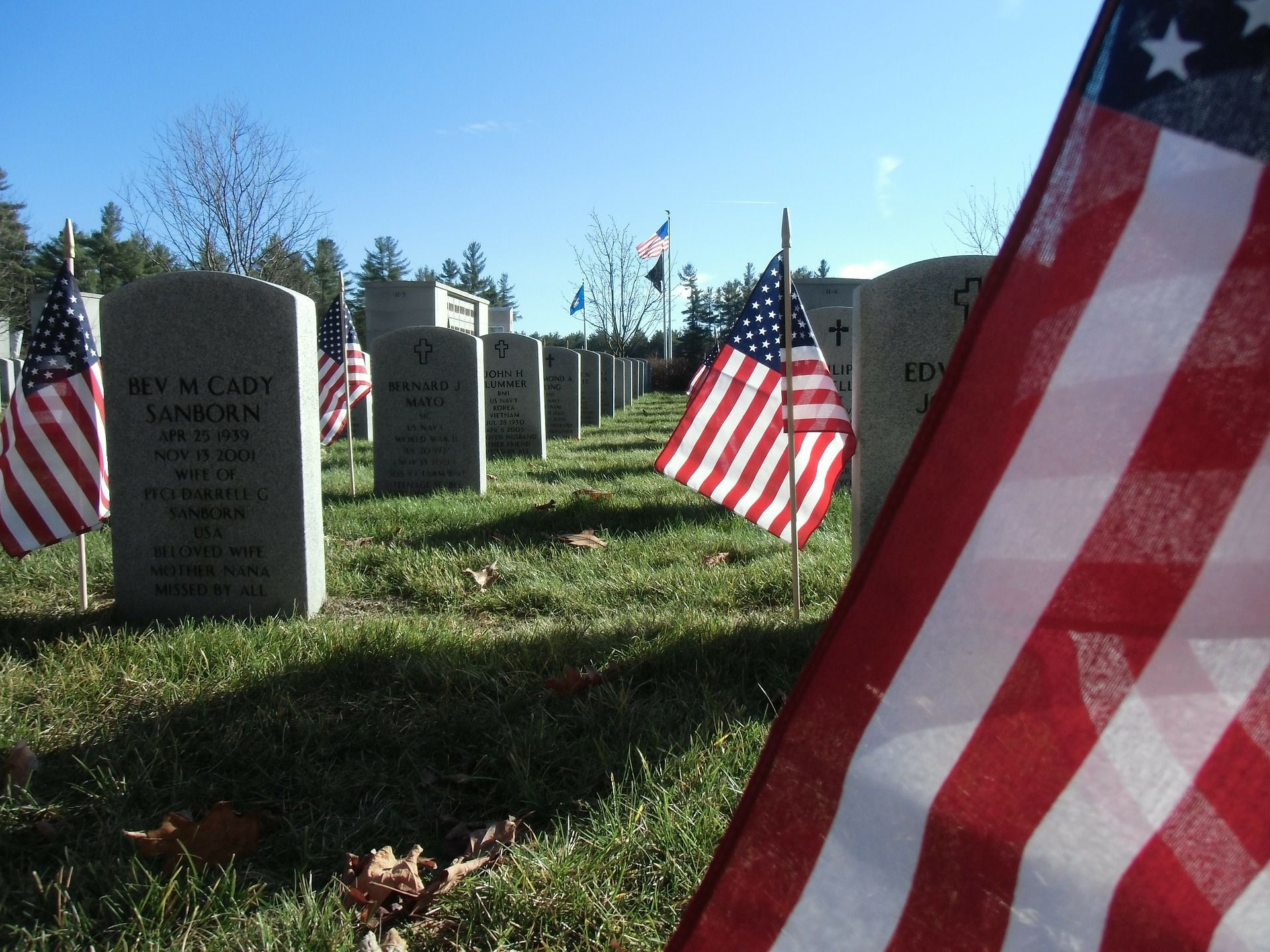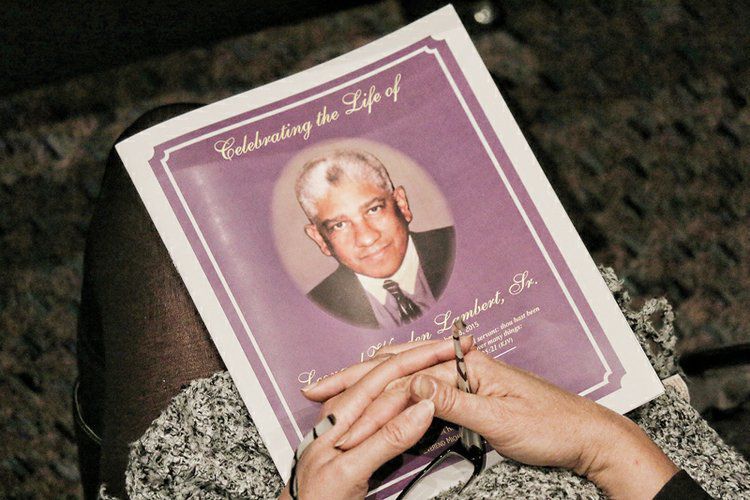How To Talk To Young Children About Death?
Talking about death with your parents can be very challenging, but for many that challenge will pale in comparison to talking to young children about death.
At some point or another, the topic of death and dying will come up between a child and a trusted adult. This is sometimes instigated by the loss of a family member and sometimes simply a result of the child’s curiosity. Just as death is difficult to discuss with those approaching the end of their lives, it can be complicated to figure out how to talk to a child about death. As adults and caregivers, it is important to navigate this subject with caution and honesty.
Here are some tips on how to talk to young children about death and loss.
1. Be brief
Children have a limited attention span. Don’t expect them to settle down for a long, grueling conversation about the philosophical, spiritual, and physical elements of death. Instead, try to keep your answers simple and brief. The conversation shouldn’t be a “one-time” event - instead, revisit the subject often and monitor the child’s emotional and intellectual response.
2. Use concrete examples
Examples can be very helpful when discussing death with a child. Give examples of what is “gone” when someone dies: they no longer breath, eat, think, walk, or feel. Point out a dead flower or tree and compare it to a living one over a few days, focusing on how the dead plant no longer blooms or grows.
3. Ask clarifying questions
Children can get confused with lofty concepts like that of death. Check in with them regularly during the conversation to confirm if they understand what you are telling them and solicit more questions from them. “Do you feel a little confused? What else do you want to know about death?” This should be a conversation, not a lecture. Incorporate feelings, thoughts, and beliefs into the talk - both yours and the child’s. Approach the topic with open-mindedness: the child might be able to enlighten you to some ideas you have never considered.
4. Explain emotions, too
Any conversation about death and dying should cover loss and grief, as well. The emotional implications of death can be just as difficult for a child to understand as the physical concept of death. If grandfather has died, they might ask why grandmother is crying. Make it clear that sadness and grief are natural consequences of losing someone, and that it is healthy to express those emotions through tears and words.
5. Never avoid the talk
A child’s questions about death might be presented at the most inopportune moment. Often, these questions will arise at a funeral, memorial, or wake. If possible, don’t ever brush off or ignore a child’s questions about death, and never react to the questions with anger or frustration. If you must wait to answer the child’s questions - because the moment is not appropriate or you need time to prepare - be sure to revisit the subject later. These conversations will shape the way a child copes with death in their adult life, so it’s important to approach them with warmth and care.
6. Choose words carefully
We have a tendency to use many euphemisms for death: “eternal rest”, “rest in peace”, and “pass away” are just a few. These terms can be very confusing and even frightening for children. Using words like “sleep” or “rest” while talking about death can make a child afraid of going to sleep. Similarly, telling a child that someone “went away” when they died can cause them to worry about short separations from their loved ones. It’s important to think carefully about the words you use when talking to children about death and be as clear as possible.
7. Provide reassurance
Your primary goal in this conversation should be to provide your child with honest information while also reassuring them. This is one of the most intense concepts that any child will ever have to process and it’s important that the adults in their lives make them feel safe while they cope with such a challenging idea. Conversations of death will often leave children concerned about their death and the death of their close family members. Reassure them that you don’t expect death to happen anytime soon for you or the child, but if it does, there are plenty of people to take care of him or her.
8. Be prepared
When talking to children about any difficult subject, it’s important to be prepared. Children will have many questions and they look to the adults in their lives to be confident, clear, and calm.
Particularly if you are taking your child to a burial, wake, or memorial service of some kind, it is important to have a talk with them about what to expect at these events: namely, sadness and tears. Decide exactly what you want to convey to your child on a physical, emotional, and spiritual level, and prepare yourself with some terms and phrases to help you express those ideas.
This conversation will be an important one for both you and the child. Death is an extreme part of the human experience and this conversation will help provide your child with the coping mechanisms for dealing with loss and change. Use these tips to ensure you are imparting this knowledge with care and consideration.



